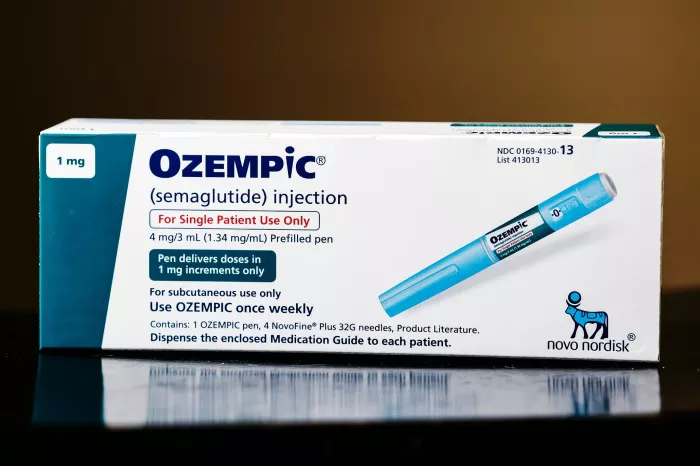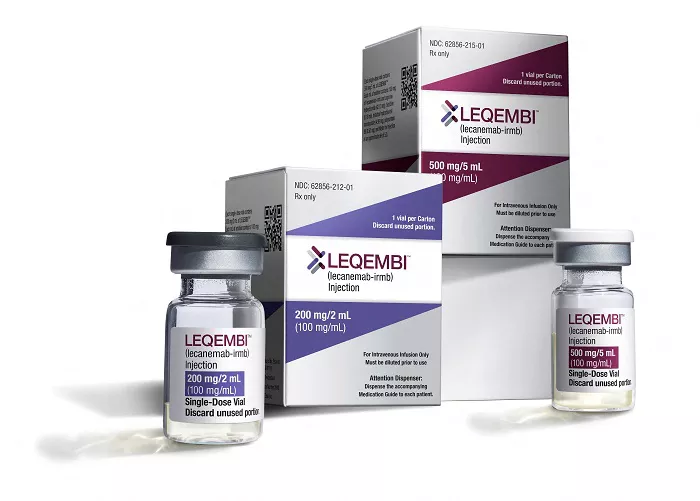Allergies can be a frustrating and uncomfortable experience, and for those with high blood pressure, finding the right allergy medicine can be a challenge. Certain allergy medications can raise blood pressure, which can be dangerous for those with hypertension. In this article, we will discuss which allergy medicine is recommended for high blood pressure.
Understanding High Blood Pressure
High blood pressure, also known as hypertension, is a common condition that affects millions of people worldwide. It occurs when the force of blood against the walls of the arteries is consistently too high. Over time, high blood pressure can damage the arteries and increase the risk of serious health problems, such as heart disease and stroke.
Managing high blood pressure requires a combination of lifestyle changes and medication. For those with high blood pressure, it is important to be aware of which medications can raise blood pressure and which medications are safe to use.
Allergy Medicine is Recommended for High Blood Pressure
When it comes to allergy medicine, there are several types of medications that are safe for those with high blood pressure. These include:
Antihistamines
Antihistamines are a type of allergy medication that work by blocking the effects of histamine, a chemical that is released by the body in response to allergens. Antihistamines are available in both prescription and over-the-counter (OTC) forms, and they are generally safe for those with high blood pressure.
Some common antihistamines include loratadine (Claritin), cetirizine (Zyrtec), and fexofenadine (Allegra). These medications are available in both pill and liquid form, and they are generally well-tolerated.
It is important to note that some older antihistamines, such as diphenhydramine (Benadryl), can cause drowsiness and should be used with caution in those with high blood pressure.
Nasal Steroids
Nasal steroids are a type of allergy medication that are used to reduce inflammation in the nasal passages. They work by blocking the production of certain chemicals that cause inflammation, such as prostaglandins and leukotrienes.
Nasal steroids are available in both prescription and OTC forms, and they are generally safe for those with high blood pressure. Some common nasal steroids include fluticasone (Flonase), mometasone (Nasonex), and budesonide (Rhinocort).
It is important to use nasal steroids as directed, as overuse can lead to side effects such as nosebleeds and sore throat.
Decongestants
Decongestants are a type of allergy medication that work by narrowing the blood vessels in the nasal passages, which reduces swelling and congestion. Decongestants are available in both prescription and OTC forms, and they can be effective for relieving nasal congestion.
However, decongestants can raise blood pressure and should be used with caution in those with hypertension. If you have high blood pressure, talk to your doctor before using a decongestant.
Some common decongestants include pseudoephedrine (Sudafed) and phenylephrine (Sudafed PE). These medications are available in both pill and liquid form.
Allergy Shots
Allergy shots, also known as immunotherapy, are a type of allergy treatment that involves injecting small amounts of allergens into the body over time. This helps the body build up a tolerance to the allergen and reduces the severity of allergic reactions.
Allergy shots are generally safe for those with high blood pressure, as they do not contain medications that can raise blood pressure. However, it is important to talk to your doctor before starting allergy shots to ensure that they are safe for you.
Allergy shots are administered by a healthcare professional and require regular visits to the doctor’s office. They can take several months or even years to complete, but they can be effective for reducing the severity of allergic reactions.
Conclusion
Allergies can be a frustrating and uncomfortable experience, but for those with high blood pressure, finding the right allergy medication is crucial. Antihistamines, nasal steroids, and allergy shots are generally safe for those with high blood pressure, while decongestants should be used with caution.
If you have high blood pressure, it is important to talk to your doctor before starting any new medication, including allergy medication. Your doctor can help you find the right medication for your allergies that is safe for your blood pressure. By working with your doctor and taking the right medication, you can manage your allergies and protect your heart health.
[inline_related_posts title=”You Might Be Interested In” title_align=”left” style=”list” number=”6″ align=”none” ids=”4839,4832,4794″ by=”categories” orderby=”rand” order=”DESC” hide_thumb=”no” thumb_right=”no” views=”no” date=”yes” grid_columns=”2″ post_type=”” tax=””]
































